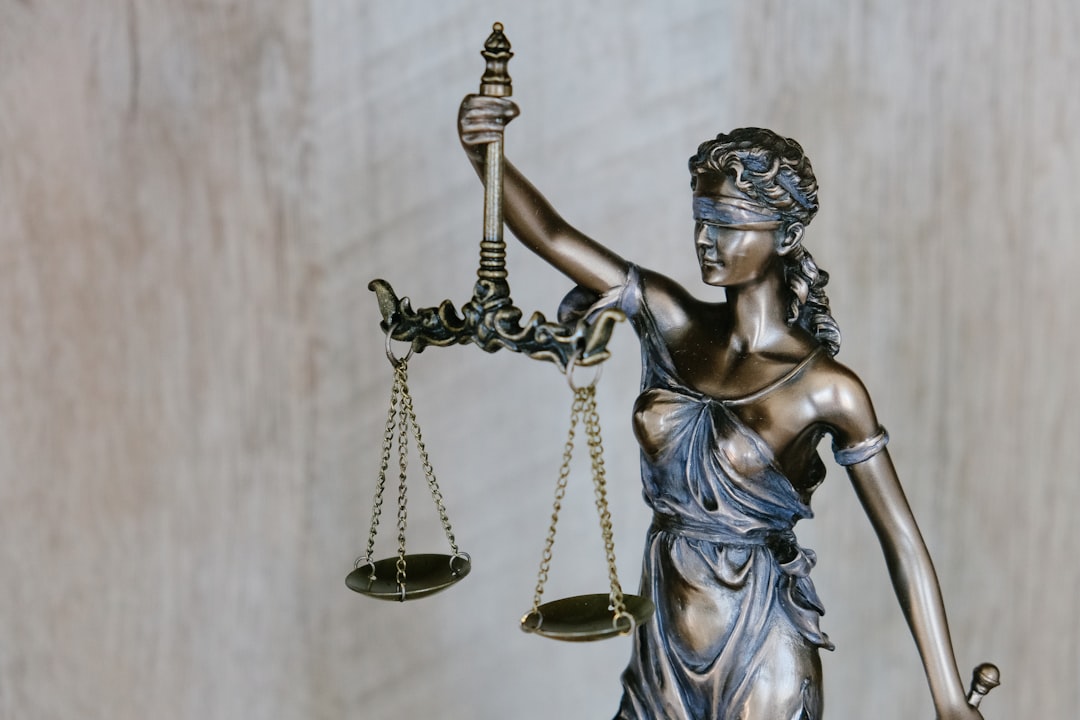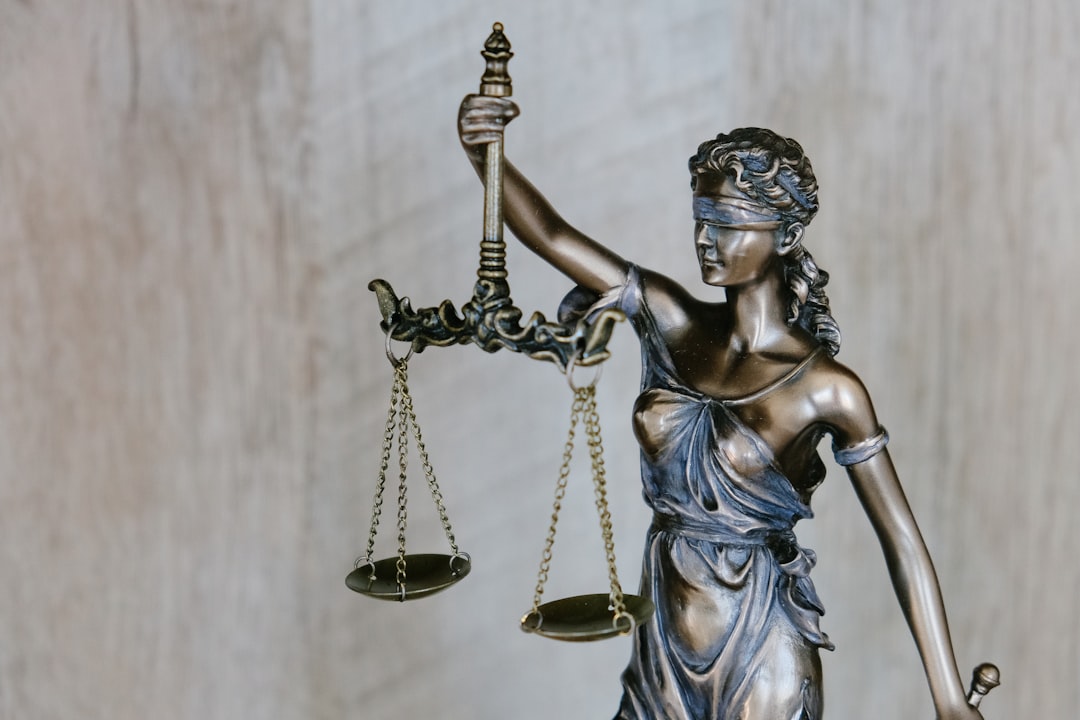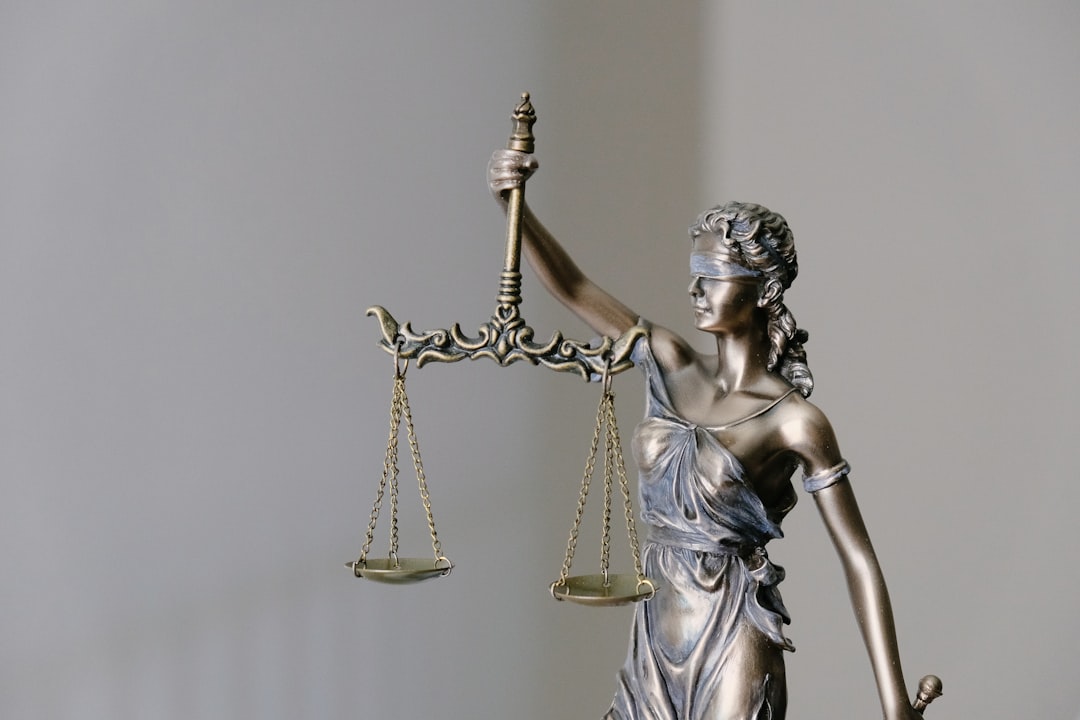Legal Entity Extraction (LEE) aids hospital lawyers in New Jersey to identify liability in medical malpractice cases by extracting and categorizing critical info from legal docs. This streamlines complex litigation, helping lawyers understand healthcare structures, identify responsible parties, and develop robust legal strategies. In New Jersey, where patient safety is paramount, hospital lawyers ensure compliance with regulations, create safer environments, and represent clients effectively. They collaborate on safety protocols, conduct incident investigations, offer risk management advice, and assist victims in navigating justice for hospital assaults, pursuing compensation against appropriate entities.
“Hospital assaults pose significant challenges, underscoring the need for robust legal entity extraction to identify liable parties. This article delves into crucial aspects of uncovering hospital liability through Legal Entity Extraction (LEE), focusing on New Jersey’s patient protection laws. We explore strategies to identify responsible entities in medical incidents and the pivotal role of hospital lawyers in enhancing patient safety. Additionally, we examine compensation and justice for assault victims, highlighting the critical interplay between hospital lawyers and patient rights in New Jersey.”
Legal Entity Extraction: Uncovering Hospital Liability

Legal Entity Extraction (LEE) is a powerful tool in identifying potential liability in cases involving hospital assaults or medical malpractice. This process involves extracting and categorizing critical information from legal documents, such as lawsuits, settlement agreements, and contracts, to uncover relevant entities—including hospitals, doctors, and insurance companies—that may be held accountable. By employing advanced natural language processing (NLP) techniques, a hospital lawyer in New Jersey can efficiently analyze vast amounts of legal documentation, ensuring no crucial details are overlooked.
LEE is particularly valuable as it enables lawyers to swiftly navigate complex medical litigation. It helps in understanding the organizational structure of healthcare facilities, pinpointing responsible parties, and constructing robust legal strategies. With this method, hospital lawyers can more effectively represent their clients, protect their interests, and pursue just compensation or preventative measures to enhance patient safety across New Jersey’s healthcare landscape.
New Jersey Law: Protecting Patients from Assaults

In the state of New Jersey, patient safety is a top priority, especially regarding hospital assaults. The law in New Jersey is designed to protect patients from any form of harm or assault while under medical care. Patients have rights, and it’s crucial for both healthcare providers and visitors to be aware of these legal protections. Engaging the services of a hospital lawyer in New Jersey can ensure that these rights are upheld and that appropriate measures are taken to prevent and address any incidents of patient assaults.
The legal framework in New Jersey holds medical facilities accountable for the actions of their staff, volunteers, and even visitors. This includes implementing security protocols, training staff on patient safety, and having clear policies in place to handle potential assault situations. By adhering to these legal requirements, hospitals can foster a safer environment, reduce risks, and ensure that patients receive care without fear of harm or violence.
Identifying Responsible Parties in Medical Incidents

When it comes to identifying responsible parties in medical incidents, especially hospital assaults, a meticulous process known as legal entity extraction is crucial. This involves sifting through complex medical records and legal documents to pinpoint the entities involved – whether hospitals, healthcare providers, or even manufacturers of medical equipment. A skilled hospital lawyer in New Jersey will employ sophisticated techniques to ensure no stone is left unturned.
They’ll analyze patient charts, insurance claims, witness statements, and legal paperwork to extract key information, such as the names and roles of staff members, institutional policies, and any prior incident reports. This data is essential for constructing a robust case and holding accountable those who may have contributed to or directly caused the assault.
The Role of Hospital Lawyers in Patient Safety

Hospital lawyers play a pivotal role in ensuring patient safety and safeguarding legal interests within healthcare institutions. In New Jersey, where medical malpractice laws are stringent, these legal professionals are instrumental in preventing and addressing hospital assaults. They work closely with hospitals to implement robust safety protocols, conduct thorough investigations into incidents, and provide guidance on risk management strategies. By staying abreast of legal trends and patient rights, hospital lawyers empower healthcare facilities to create a culture of compliance and accountability.
Moreover, these attorneys offer expert advice on policies related to consent forms, informed decision-making, and communication between patients and medical staff. They collaborate with hospital administration to ensure that all legal aspects are addressed, reducing the likelihood of costly lawsuits and enhancing patient trust. The presence of competent hospital lawyers in New Jersey contributes significantly to maintaining high standards of care and fostering an environment where patient safety is a collective priority.
Assessing Compensation and Justice for Assault Victims

For victims of assault within a hospital setting, seeking justice and compensation can be a complex process. A crucial step is identifying the responsible legal entity, which may involve multiple parties, including hospitals, medical staff, or even manufacturers of medical equipment if defects contribute to the incident. In New Jersey, a hospital lawyer plays a pivotal role in navigating these complexities. They assist victims in understanding their rights and options, helping them determine liability and potentially pursuing legal action against the appropriate entities to secure fair compensation for their injuries and emotional distress.
The process requires meticulous assessment of medical records, witness statements, and expert opinions to build a robust case. A skilled hospital lawyer ensures that all liable parties are held accountable, advocating for their client’s interests throughout the legal journey. This pursuit of justice is not merely about financial restitution but also ensuring that such incidents are addressed to prevent further harm to other patients, thereby fostering a safer healthcare environment.






